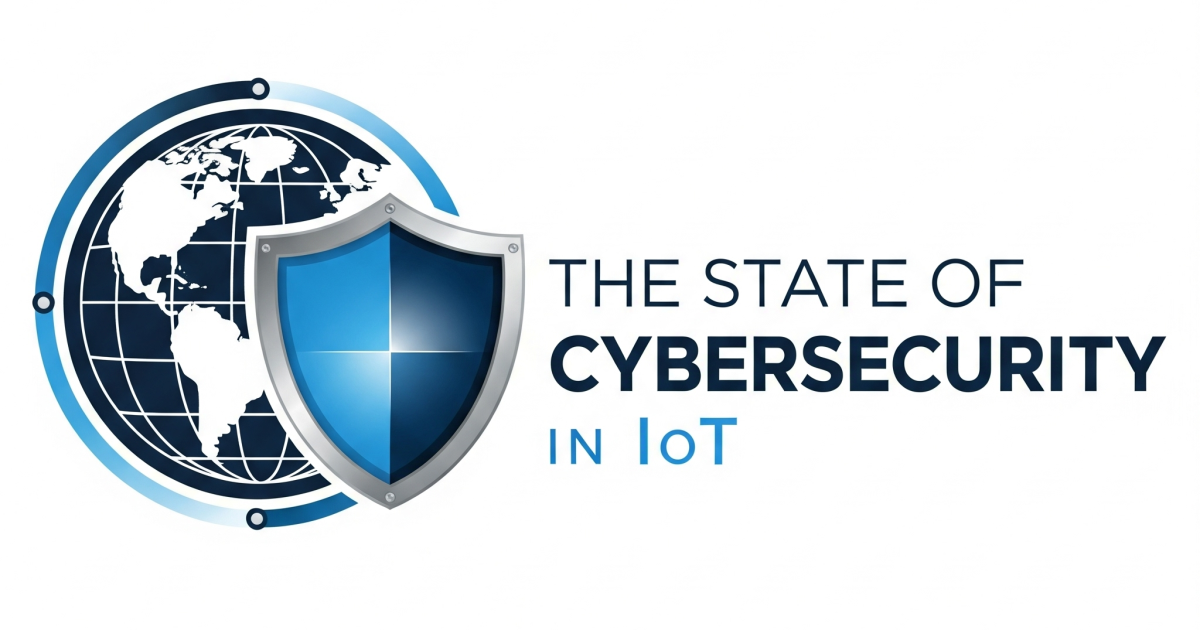
There’s been no shortage of IoT news from global IoT solutions provider Quectel in recent months. Below, we’ve taken the liberty of highlighting our Quectel coverage:
And the Quectel news flow keeps flowing, as it does.
To continue enhancing connectivity and powering smarter digital innovation, Quectel has officially partnered with Finite State. This bodes well, as the mission of Finite State is simple: Protect our ever-connected world by enabling expert product security teams to safeguard the devices we’ve come to rely on. By analyzing every piece of information in device firmware – from third-party code to configuration settings – Finite State deftly enables secure device manufacturing at scale. Finite State considers itself to be on the cutting edge of product security for connected devices, as well as for managing varied software supply chain risks for enterprises.
Together, Quectel and Finite State signifies the commitment to delivering high-quality, secure modules that meet the evolving needs of the wireless industry.
Specifically, this team-up’s deeper objectives are threefold:
- Conduct thorough security testing of Quectel devices, utilizing both automated and manual methods to identify and remediate potential vulnerabilities.
- Enhance software transparency via the production of Software Bills of Materials (SBOMs) for each product in Quectel's expansive portfolio, providing supremely beneficial levels of insight into the security profile of each device.
- Integrate Finite State's industry-renowned firmware binary analysis capabilities into Quectel's DevSecOps processes, enabling a more comprehensive approach to vulnerability and risk management throughout the product development lifecycle.
“Comprehensive security testing via an industry leading security firm like Finite State plays a crucial role in module development by uncovering potential vulnerabilities,” said Norbert Muhrer, Quectel’s CSO. “By subjecting our modules to thorough testing with Finite State, we will identify potential areas of cybersecurity vulnerabilities that we can address before they become an issue for our device OEM customers.”
Overall, this partnership is being approached by both parties to collaborate effectively, address industry security concerns, and to distinguish themselves as differentiators in the IoT industry, when it comes to rigorously vetted products.
Edited by
Greg Tavarez





